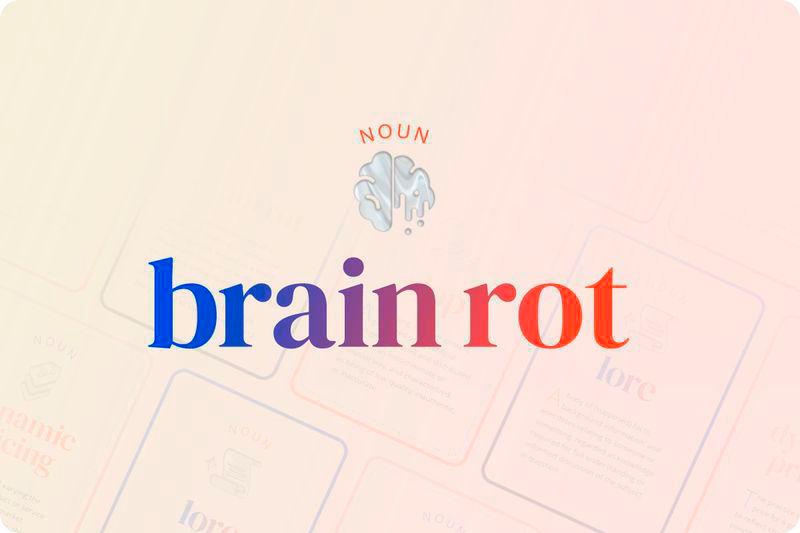THE term “brain rot” was named Oxford’s word of the year in 2024, which amplifies the influence of the internet and social media on language evolution and change.
The appeal of brain rot language stems from its engaging and attention-grabbing characteristics.
It attracts younger individuals into online spaces where gaining visibility and recognition becomes highly desirable.
Their active involvement within these digital communities provides them with a sense of personal validation, social status and belonging.
Academically, this phenomenon can be under-stood through the intricate relationship between evolving cultural norms, linguistic shifts and advancements in communication technology.
Research on the influence of emojis, memes and internet slang on contemporary language and interpersonal communication have indicated that the younger generation are facing academic and professional communication challenges.
Formal communication settings, such as academic institutions and work environments, have always adhered to the conventional language rules for coherence and linguistic integrity.
However, these norms are nonexistent with internet slang, shaping communication in ways we had not anticipated.
In addition, the short, bite-sized content that are on social media platforms has the potential to disrupt or diminish deeper, reflective thinking.
The recent Netflix series Adolescence delves deeply into new language norms and communication styles of teenagers, highlighting how emojis and slang were used in ways that carried hidden meanings.
The series also explores how teenagers use emojis to convey nuanced emotions or intentions and sheds light on the complexities of modern teenage communication and the potential for misinterpretation or harm when such language is weaponised.
We, hence, believe that it is crucial to examine the widespread brain rot language being used in communication among our younger generation.
While we accept that this phenomenon is a defining feature of Gen Z and Gen Alpha and is facilitating quick and engaging communication, we are wary of its impact in academic and professional contexts where clarity, structure and grammatical accuracy are essential.
Thus, we argue that there is a need to include digital literacy into the curriculum.
Learning how and when to use the right language is key to equipping our future generations with the tools to engage, interact and integrate with the world around them.
Prof Dr Sivabala Naidu is the dean at the Faculty of Social Sciences, Quest International University and Racheal Har Ann Li is a senior lecturer at the same faculty. Comments: letters@thesundaily.com









